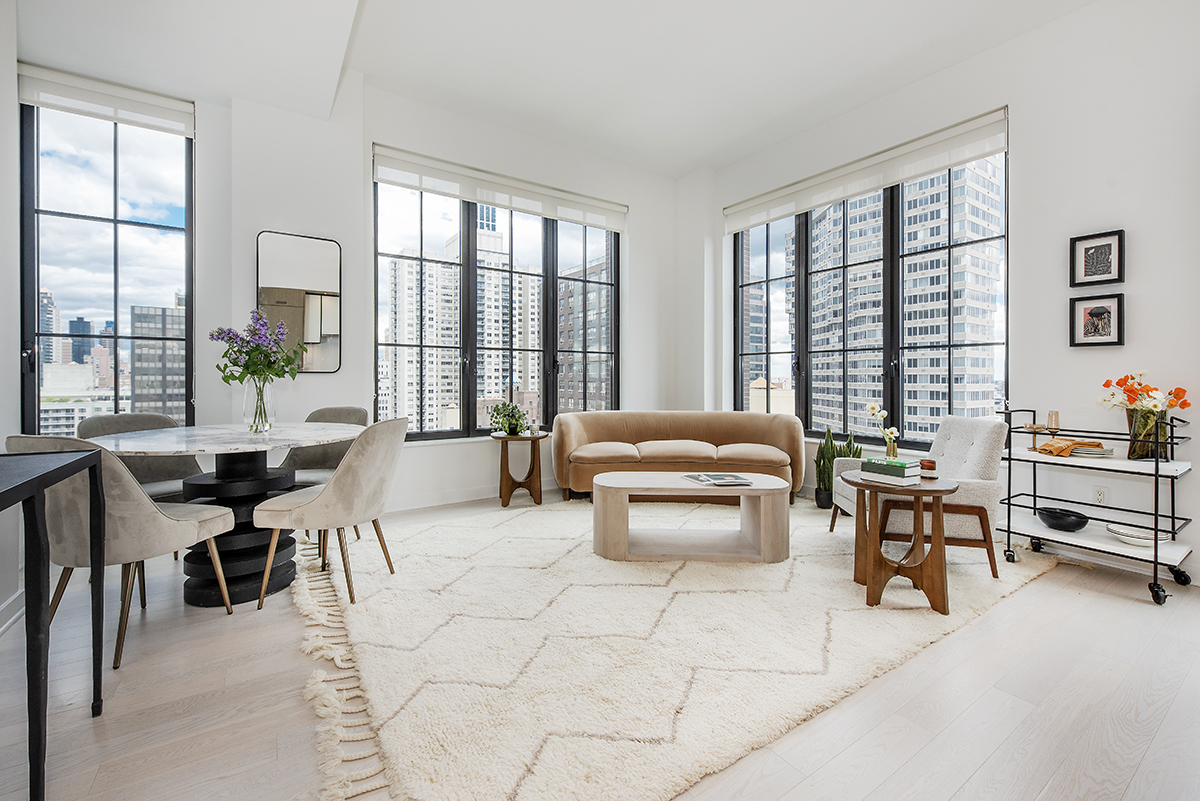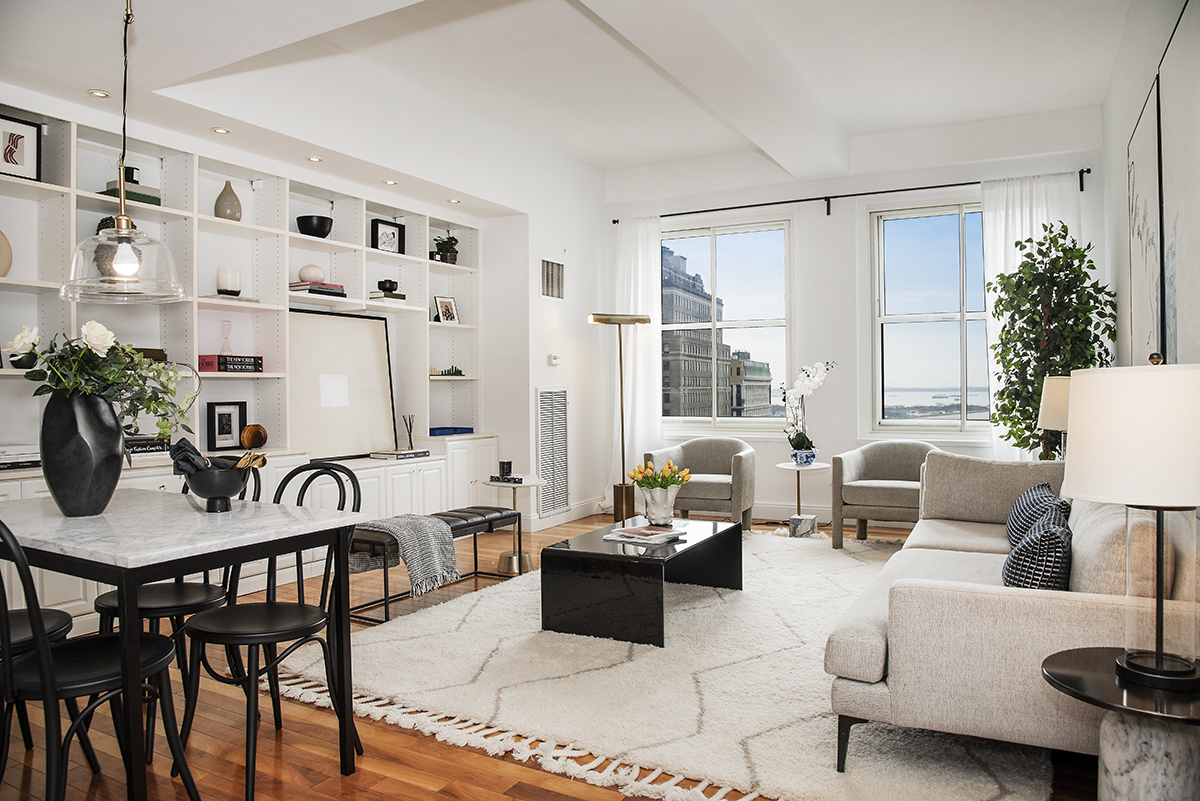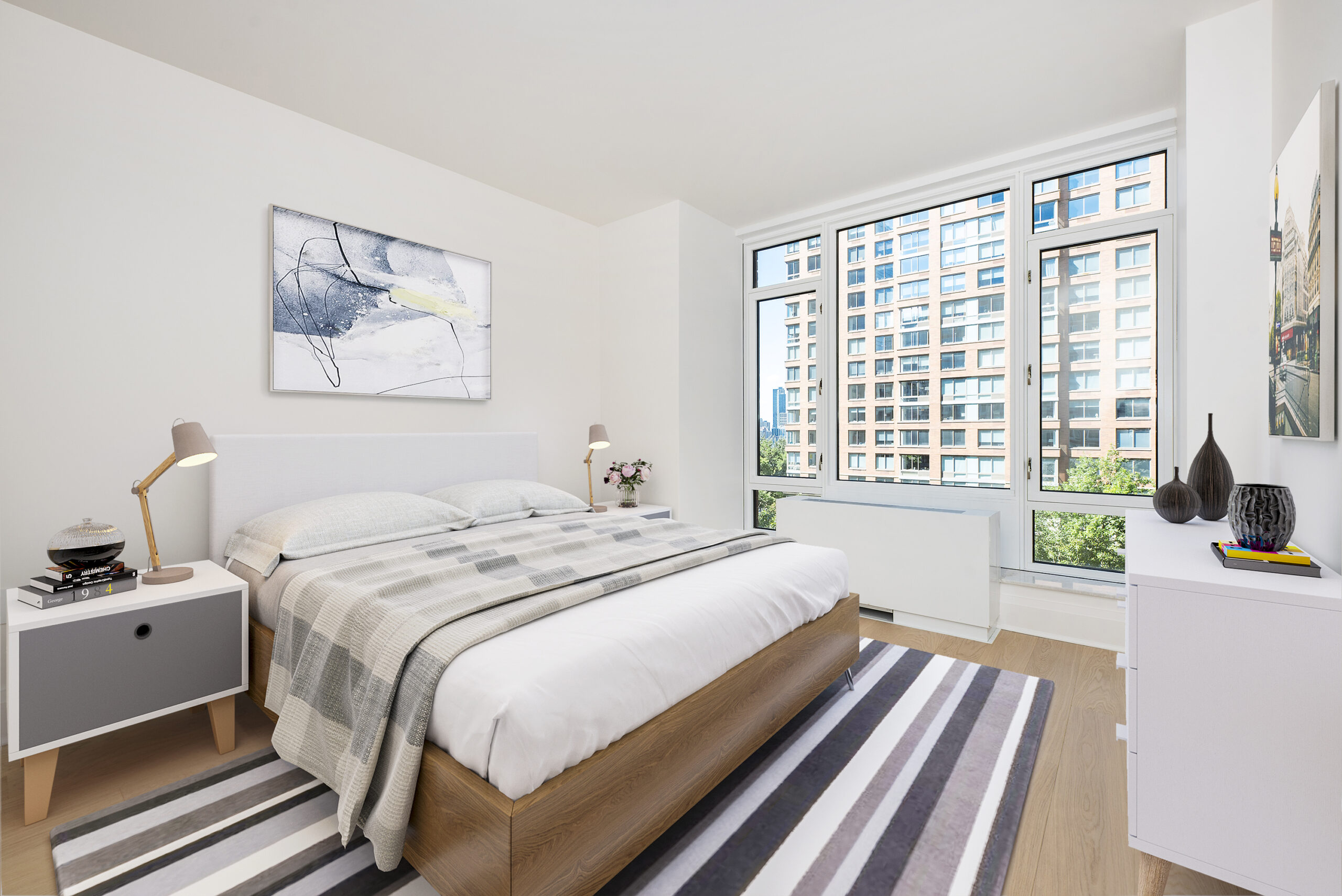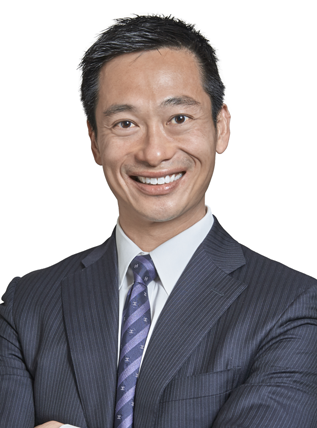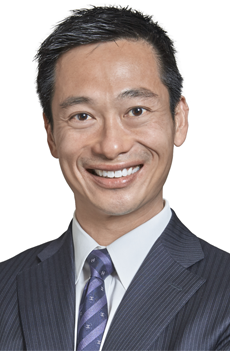Rules for foreigner buying New York property
Posted by Wei Min Tan on February 27, 2024
Manhattan is a top destination for foreigners looking to invest for asset diversification. There is no special stamp duty for foreign buyers which makes Manhattan a better value compared to many global cities. The key rules for foreigners buying Manhattan, New York property are below.
Weimin’s article, Rental contracts with Manhattan apartments.
Main rule difference is FIRPTA withholding tax
FIRPTA stands for Foreign Investment in Real Property Tax Act and requires that 15 percent of the sale price be held back as withholding tax if the seller is a foreign person/entity. This is the IRS’s way of making sure foreign property owners are paying their taxes. The 15 percent is a withholding tax and the foreign seller gets it back when the seller files the next income tax return and the IRS determines that all taxes due (capital gains tax, income tax etc) were paid. If the foreign owner has been filing taxes annually, the foreigner can apply for an exemption certificate from FIRPTA withholding.
Weimin’s article, Guide for Foreign Buyers Investing in New York Property
Deal example: Client’s one bedroom condo close to United Nations in Midtown East. Brand new development that was booked at pre-construction stage.
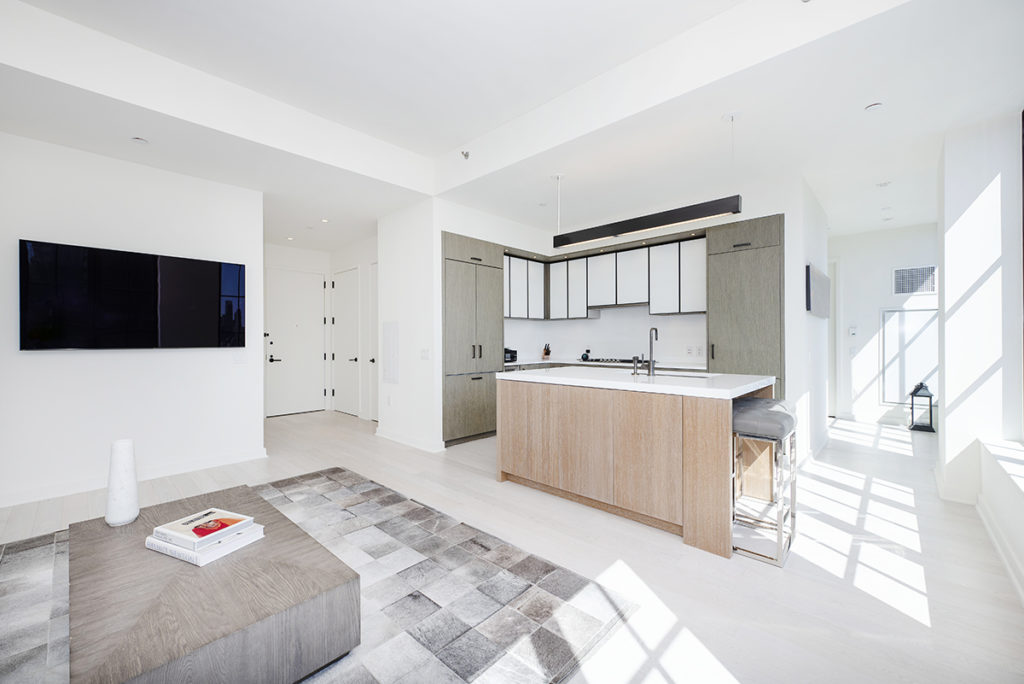
No extra stamp duty for foreigners
There is no additional stamp duty applicable to foreign buyers unlike in cities like Vancouver and Singapore. This makes New York a better value as a foreign investment destination for diversification purposes. The all-in transaction cost to buy in Manhattan is roughly 2 to 5 percent of purchase price (if all-cash transaction), depending on whether it’s a resale or new development and other factors. It’s around 8 percent of sale price at the eventual sale. This transaction cost estimate is the same for locals and foreigners.
Weimin’s article, Transaction costs when buying and selling Manhattan property
Deal example: Investor client’s one bedroom in prewar condo close to World Trade Center. Client bought to capitalize on development in the area and sold a few years later to buy into a new launch condo development.
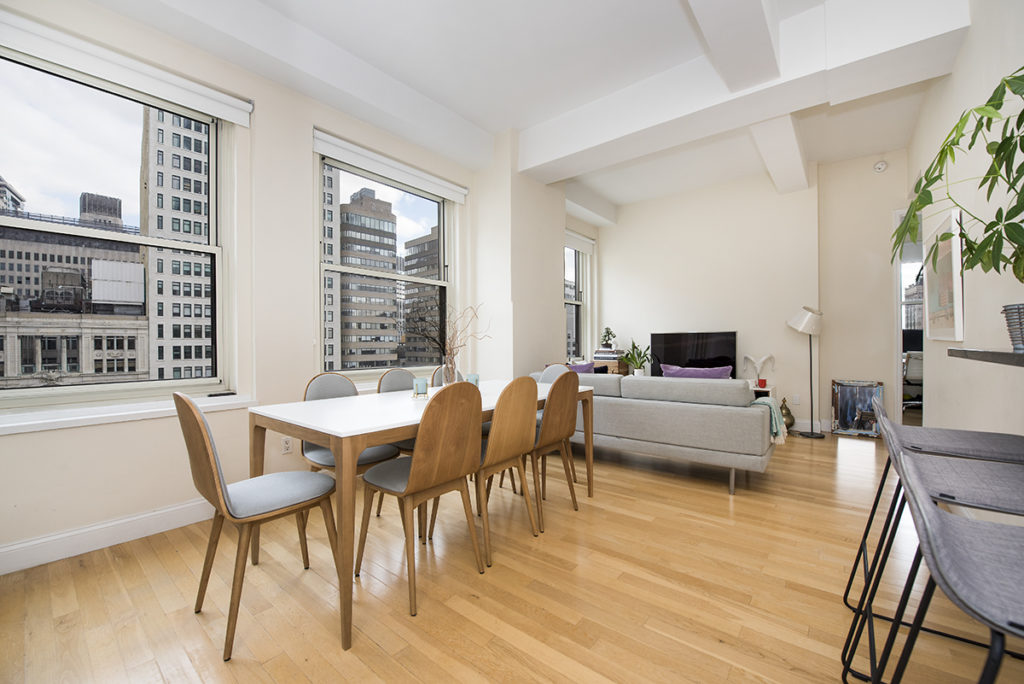
Ownership structure
Proper ownership structure is important, eg whether the property is held under an entity or individual names. And if held under entity, which entity structure is most beneficial in terms of liability protection, tax efficiency, anonymity, flexibility when transferring ownership etc. This is where an experienced attorney and tax advisor plays an important role.
Condo vs Coop
Apartments in New York City are divided into condominiums and cooperatives. A condo is where the apartment owner owns title to the apartment, similar to how apartments are owned in most cities in the world. The apartment owner decides when to rent it out and does not need special approval to sell the property.
Meanwhile, a cooperative is unique to New York City. The apartment owners actually own shares in the building. In return for owning the shares, they get a proprietary lease which allows them to use their specific apartment indefinitely.
In a cooperative, board approval is required to buy or sell. And the apartment “owner” is not free to rent out the apartment as and when he chooses. A coop board can reject a transaction without giving reason. These factors make a Coop roughly 30 to 50 percent cheaper than a Condo. Because of the two limitations, foreigners almost always buy condos. Coops are geared towards locals buying for self use.
Financing
Foreign buyers can get mortgage financing from U.S. banks. The only difference is that the down payment required of a foreign borrower is slightly higher. On average, 40 percent down payment is required of foreign borrowers. While for locals buying for self use, down payment can be 20 percent.
Weimin’s article, Manhattan property market trends
Deal example: Client invested in this Tribeca condo at 200 Chambers, a high demand building that is always rented at premium rents. How to buy a Manhattan condo to rent out.
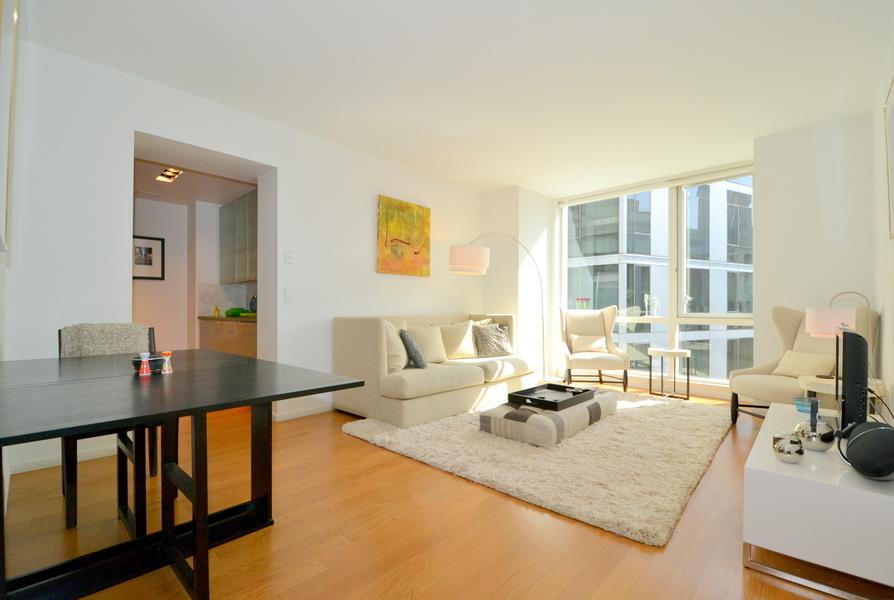
What We Do
We focus on global investors buying Manhattan condos for portfolio diversification and long term return-on-investment.
1) Identify the right buy based on objectives
2) Manage the buy process
3) Rent out the property
4) Manage tenants
5) Market the property at the eventual sale

Related Articles
Buying a new launch condo for foreigner
Article updated Feb 27, 2024
Follow On Instagram

